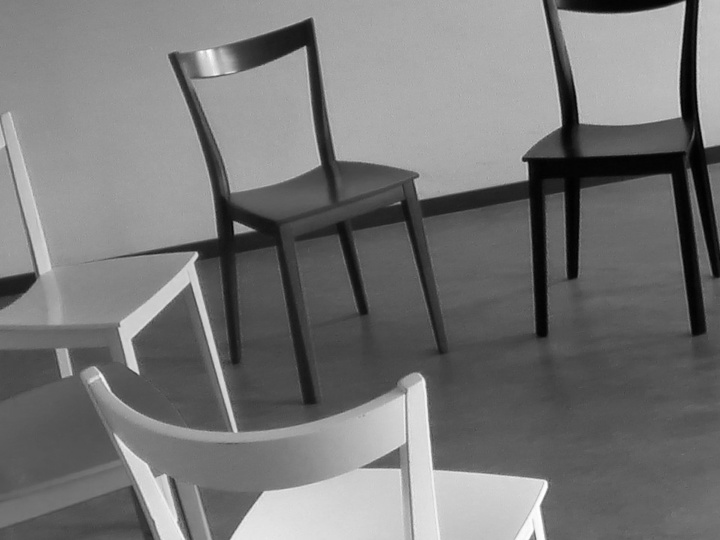A counsellor was on hand and often had prepared a topic guide or exercise she wanted us to work through. At times we politely agreed. But mostly, all of us just wanted to talk—and listen—to each other, not really a professional. We have travelled such a distance together, these last eight weeks. I now trust and care for these people to such an extent that I find it quite hard to remember what I felt initially when we first met: that we were just too different to help each other. The grandmother who lost her daughter and is now looking after a little boy who doesn’t have a mum anymore, and never really had a dad, in a one bed-room flat in West London. The dad whose children are so young and whose grief is so raw he hasn’t even organised a funeral or memorial for the love of his life yet. I remember feeling overwhelmed by the sheer weight of the emotions we were sharing with each other, the depth of despair we were all carrying.
https://blogs.bmj.com/bmj/2019/05/01/charlotte-augst-the-power-of-peer-support-what-we-can-teach-each-other/
So I have experienced the power of peer support first-hand. That there is so much we, who share an experience, can teach each other. And as always with community building and connection making, the impacts are profound, but they don’t happen entirely spontaneously. We needed to be brought together, we needed some help with ground rules and facilitation from time to time. As I say in my day job “the voluntary and community sector is good value, but it isn’t free.” Imagine what we could achieve for people if we were much more strategic about combining the amazing power of peers with formal or professional services. The NHS Long Term Plan, and the Universal Model of Personalised Care, say a lot of good stuff about this. National Voices stands ready to help make this real. Our Peer Support Hub is one small contribution to giving non-medical and informal support the status it deserves.
2019-05-08

